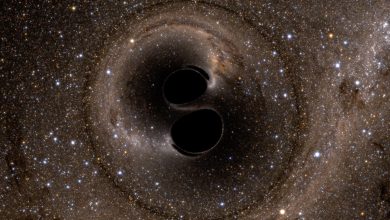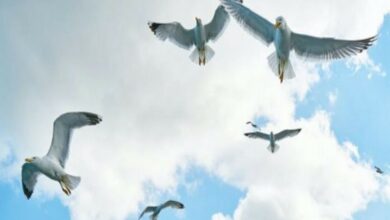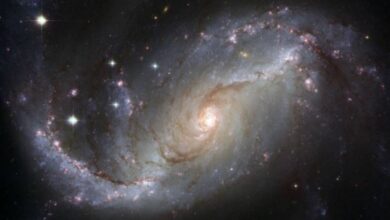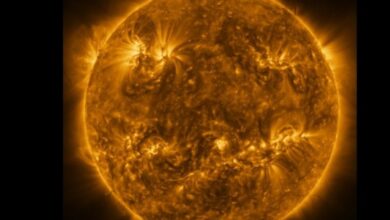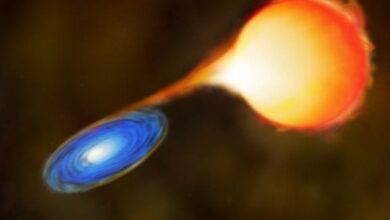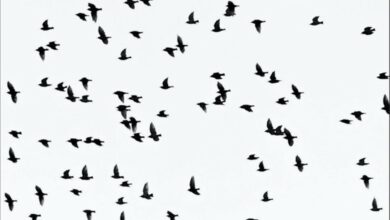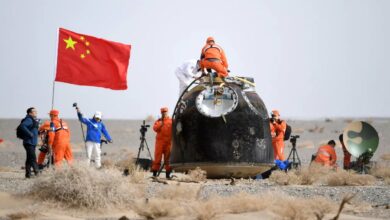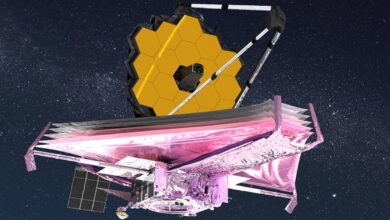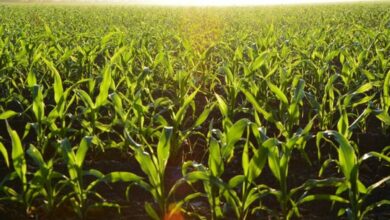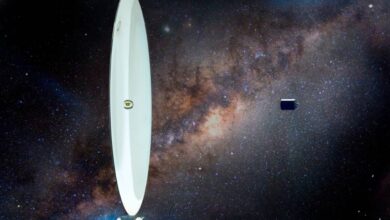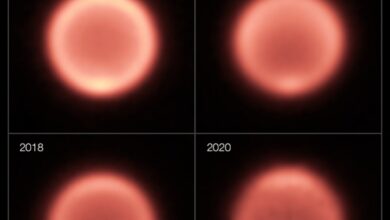Science
-
NASA’s Chandra telescope finds location of medium-sized black holes
New York: Intermediate-mass black holes are notoriously hard to find but a new study indicates there may be some at the centre of dense star clusters located throughout the universe. For decades,…
-
Scientists design app to protect endangered birds
Brisbane: Researchers from the University of Queensland developed an app, to protect endangered birds that are at the stage of extinction around the world, by breaking down the language barriers between scientists.…
-
Astronomers have discovered the most distant galaxy ever
Cambridge: An international team of astronomers has discovered the most distant astronomical object of all time: a galaxy. Shining only about 300 million years after the Big Bang, it may contain the…
-
Sun spews intense solar flare, sparks radio blackout in Asia, Australia
New Delhi: The Sun has unleashed an intense solar flare, sparking radio blackouts in several parts of Asia and Australia. According to the US Space Weather Prediction Center (SWPC), the solar flare…
-
Astronomers find first-ever slimmer type of red giant stars
Sydney: An Australian team of astronomers have found a slimmer type of red giant star for the first time. These stars have undergone dramatic weight loss, possibly due to the presence of…
-
Researchers develop maps of bird species to protect biodiversity
Madison: Researchers at the University of Wisconsin-Madison developed the maps at a fine-enough resolution to help conservation managers focus their efforts where they are most likely to help birds — in individual…
-
Chinese astronauts return to Earth after record 6 months on space station
Beijing: Three Chinese astronauts returned to Earth safely on Saturday after spending a record six months aboard China’s new space station, doubling the previous stay of the country’s longest single flight in…
-
NASA again calls off wet dress rehearsal of moon rocket over fuel leak
Washington: NASA has for the third time halted Artemis 1 moon rocket’s “wet dress rehearsal” – this time over fuel leak. Wet dress rehearsal is an opportunity to refine the countdown procedures…
-
Webb telescope’s instrument reaches coldest operating temperature
Washington: An instrument onboard the James Webb Space Telescope has reached its final operating temperature – minus 266 degrees Celsius, NASA officials have said. Along with three other instruments onboard Webb, Mid-Infrared…
-
Agriculture will play important role in reducing greenhouse gas emissions: Study
Columbus: A new study has suggested that agricultural and forestry sectors are some of the areas which can play a key role in reducing greenhouse gas emissions. The findings of the study…
-
Private Ax-1 astronaut to make liquid telescope mirror in space
Washington: An astronaut, part of the recent private mission to the International Space Station (ISS) American space habitat company Axiom Space, is set to test the making of a liquid telescope mirror…
-
Astronomers find rapid, unexpected changes in Neptune’s temperatures
London: Neptune, a very cold planet with average temperature reaching around minus 220 degrees Celsius, has seen rapid and unexpected temperature variations in the last two decades, scientists have found. Using ground-based…
-
NASA again delays final Artemis 1 moon mission test to April 12
Washington: NASA has yet again delayed the final wet dress rehearsal of its Artemis 1 moon mission test to April 12, the US space agency officials said. Wet dress rehearsal is an…
-
India has 217 space objects orbiting earth; working towards reducing space debris: Report
New Delhi: India has 103 active or defunct spacecraft and 114 objects categorised as ‘space debris’ in orbit and it has embarked on a research to reduce such fragments from outer space.…
-
Study finds how plants protect themselves from pathogens in rain
Tokyo: A recent study has found that when plants are exposed to rain, hair-like structures on the leaf surface called trichomes recognise this rain as a risk factor for causing disease and…

